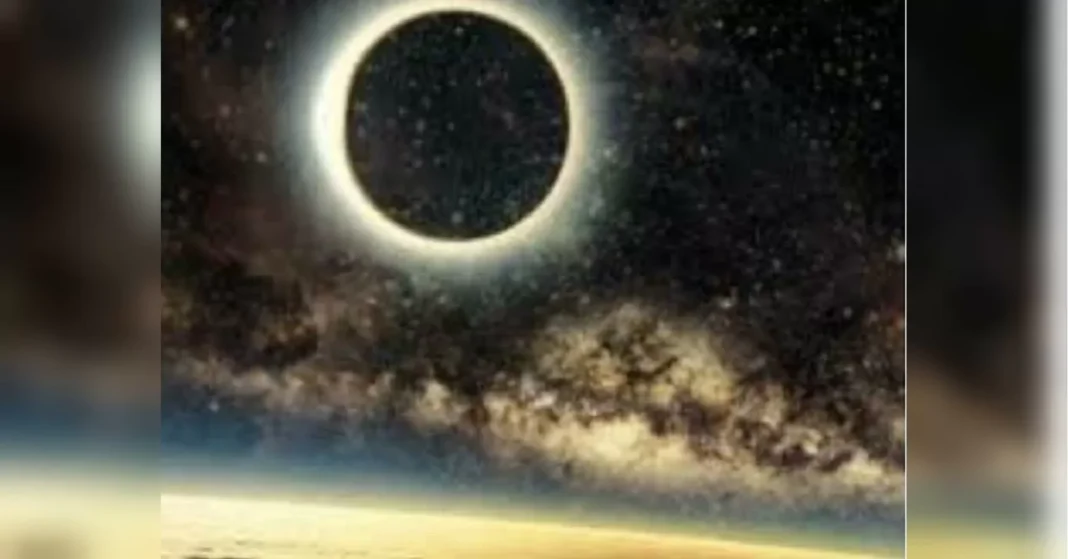Astrological eclipses are considered to be powerful moments symbolizing culmination, completion, and transformation. These celestial events have captivated humans for centuries, with their mystical and awe-inspiring nature. From ancient civilizations to modern day astrology, eclipses have been studied and interpreted as significant moments in the cosmic dance of the planets.
An eclipse occurs when the Earth, Moon, and Sun align in a specific way, causing a shadow to be cast on either the Earth or the Moon. From an astrological perspective, this alignment creates a powerful energy that can be felt on both a personal and collective level. The Sun, representing our conscious self, is temporarily blocked by the Moon, representing our emotions and subconscious. This creates a period of darkness and introspection, allowing us to tap into our inner selves and reflect on our past, present, and future.
Eclipses are often associated with major life events, such as beginnings and endings, breakthroughs and breakdowns, and unexpected changes. They are believed to bring about a sense of urgency and intensity, pushing us towards growth and transformation. This is because eclipses are known to shake up our lives, bringing to light what has been hidden and forcing us to confront the truth. They act as catalysts for change, revealing what needs to be released in order for us to move forward.
One of the most significant aspects of eclipses is their cyclical nature. They occur in pairs, with a solar eclipse (when the Moon blocks the Sun) followed by a lunar eclipse (when the Earth blocks the Sun’s light from reaching the Moon). These pairs of eclipses often fall in the same zodiac signs, creating a theme that can last for up to two years. This allows us to track and reflect on the changes and transformations that occur during this time.
In astrology, the zodiac signs play a crucial role in understanding the energy of eclipses. The signs in which the eclipses occur give us insight into the areas of our lives that will be most affected. For example, a solar eclipse in the sign of Aries may bring about changes in our identity and self-expression, while a lunar eclipse in the sign of Cancer may bring up emotions and issues related to our family and home life. It is important to note that these effects can be felt not only on an individual level but also on a global scale, as the energy of eclipses can have a ripple effect on society and the world at large.
The symbolism of eclipses is also significant in understanding their impact on our lives. Solar eclipses are associated with new beginnings and opportunities, while lunar eclipses are associated with endings and closure. This duality of energy allows us to both release and manifest during eclipse season. It is a time of endings and beginnings, making it a perfect opportunity to let go of what no longer serves us and embrace new beginnings.
Eclipses also have a powerful effect on our relationships. They can bring people into our lives or push them out, depending on what is needed for our growth and evolution. They can also bring up unresolved issues and emotions within our current relationships, forcing us to address them and find resolution. This can be a challenging but necessary process for our personal growth and the growth of our relationships.
In conclusion, astrological eclipses are potent moments that symbolize the culmination, completion, and transformation of our lives. They act as powerful catalysts for change, pushing us to release what is no longer serving us and embrace new beginnings. Eclipses also have a cyclical nature, allowing us to track and reflect on the changes that occur during these periods. While their effects can be intense and challenging, they ultimately lead us towards growth and transformation. So, embrace the energy of eclipses and trust in the cosmic dance of the planets to guide you towards your highest potential.

